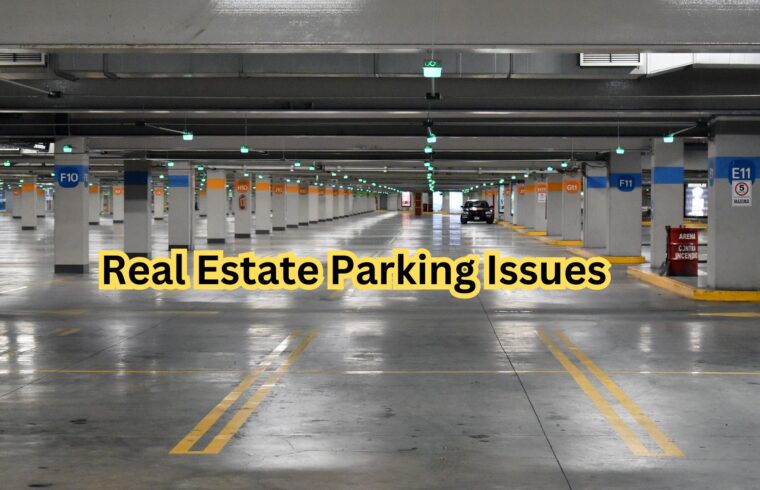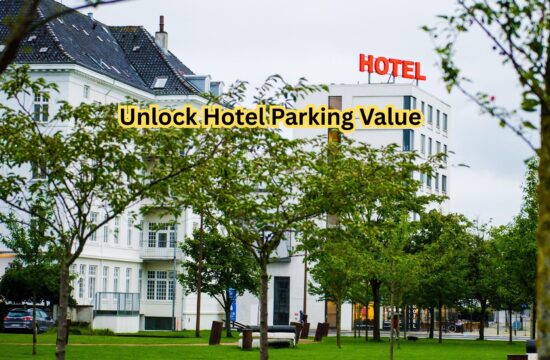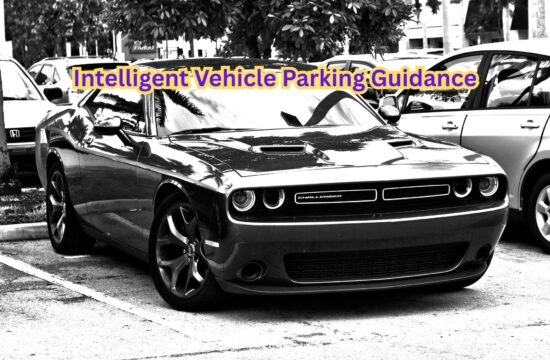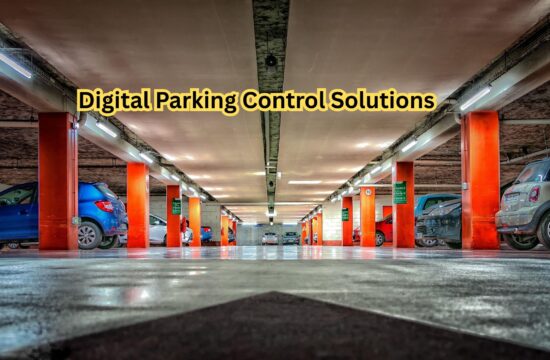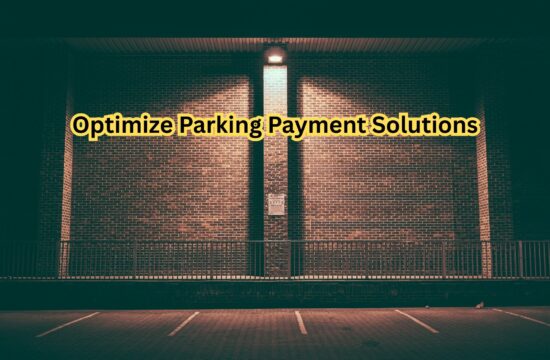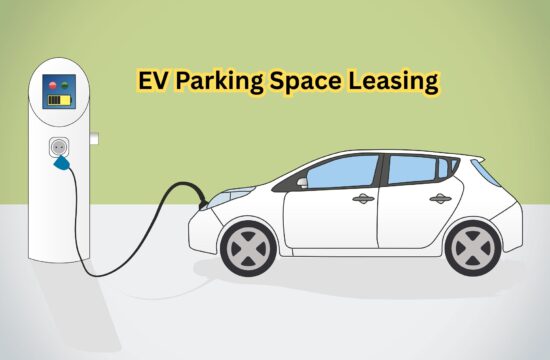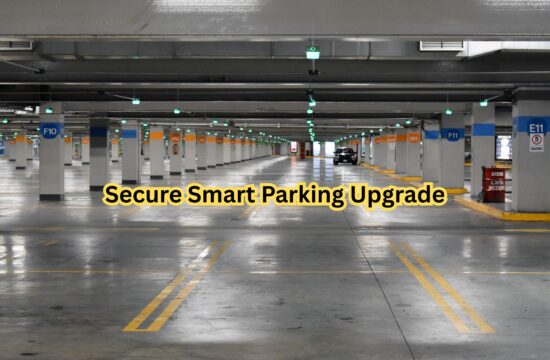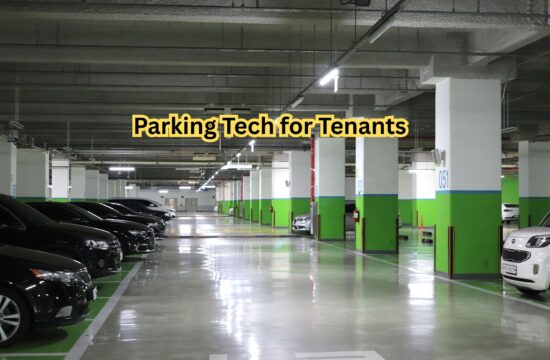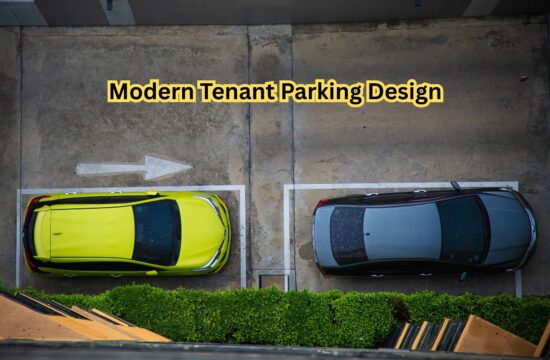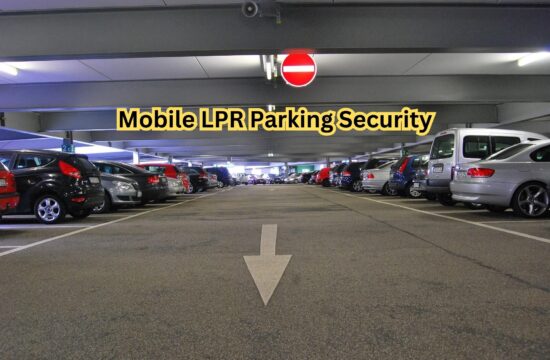Particularly in metropolitan settings where space is scarce and demand is strong, parking is a crucial component of real estate. Real Estate Parking Issues have grown to be a major problem for developers, property owners, and city planners as cities expand and change. Economic, environmental, and logistical considerations all play a part in the increasingly complicated task of striking a balance between development and sufficient parking. This article examines typical Real Estate Parking Issues as well as possible fixes that can lessen these problems. Addressing Real Estate Parking Issues is essential for the future of urban growth and sustainability.
Limited Space in Urban Areas
Land has become scarce due to urbanization, and parking now competes with public, commercial, and residential areas. Parking demand increases as cities get denser, and available property gets more expensive. Automated parking systems, subterranean and multi-level buildings, and shared parking models—where several buildings or businesses use the same space—are among solutions. These developments solve parking issues in progressively more congested urban settings by optimizing available space.
High Cost of Parking Infrastructure
It is expensive to build parking infrastructure in crowded regions, both in terms of purchasing property and maintaining it. It is difficult for developers to strike a balance between these expenses and profitability. Many are using smart parking solutions that reduce the need for extra spaces by allowing reservations and real-time monitoring. In addition to reducing parking demand, promoting alternatives like ride-sharing, bicycling, and public transportation helps developers save money on infrastructure.
Zoning Regulations and Parking Minimums
Developers are frequently required by zoning laws to provide a certain number of parking places, which raises project costs and takes up precious land. As a result, a lot of governments are changing or doing away with parking minimums, allowing developers greater freedom to choose according to consumer demand. By putting important amenities within walking distance, mixed-use developments—which combine residences, businesses, and shops—can help lessen the demand for parking.
Technology and Innovation
Parking management is being revolutionized by technology thanks to applications, sensors, and smart meters that increase productivity and lessen traffic. It can be expensive to incorporate these solutions into already-existing developments, though. In order to maximize space use, smart parking systems let customers to make reservations and track availability in real time. For convenience and space efficiency, developers are using these technologies, frequently collaborating with parking tech firms to reduce the cost of modifications.

